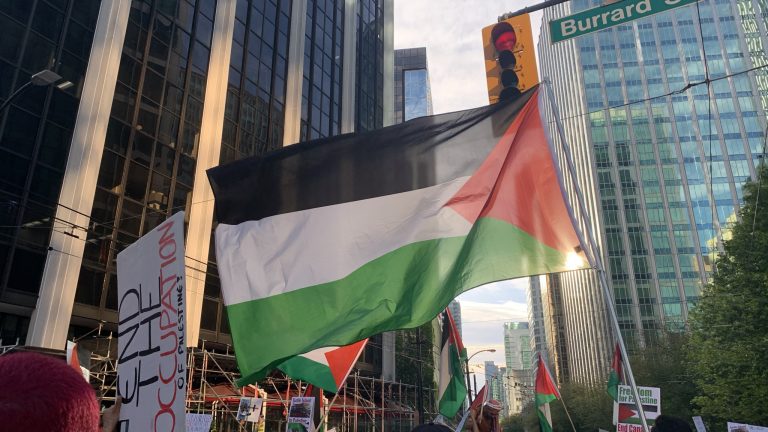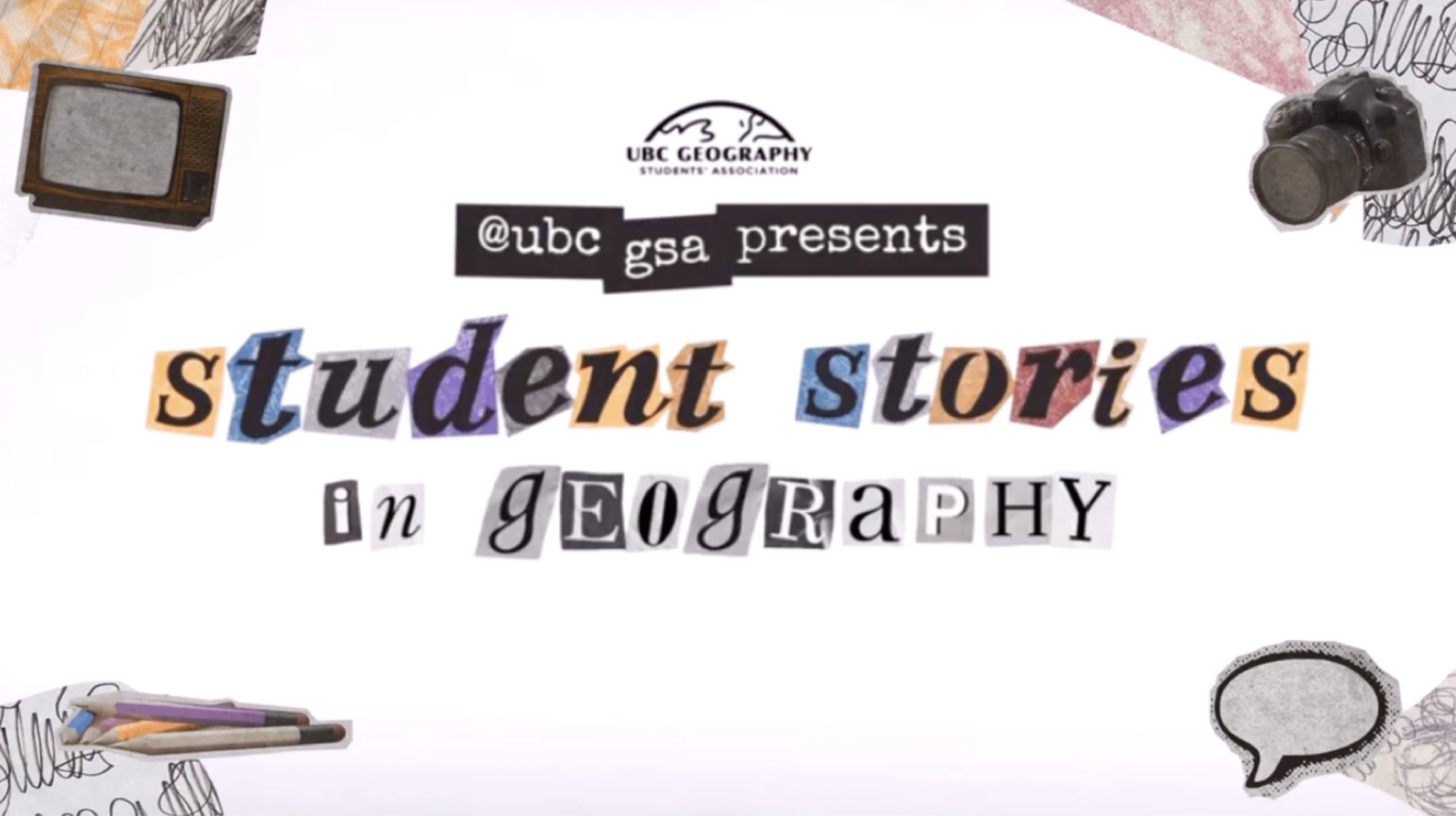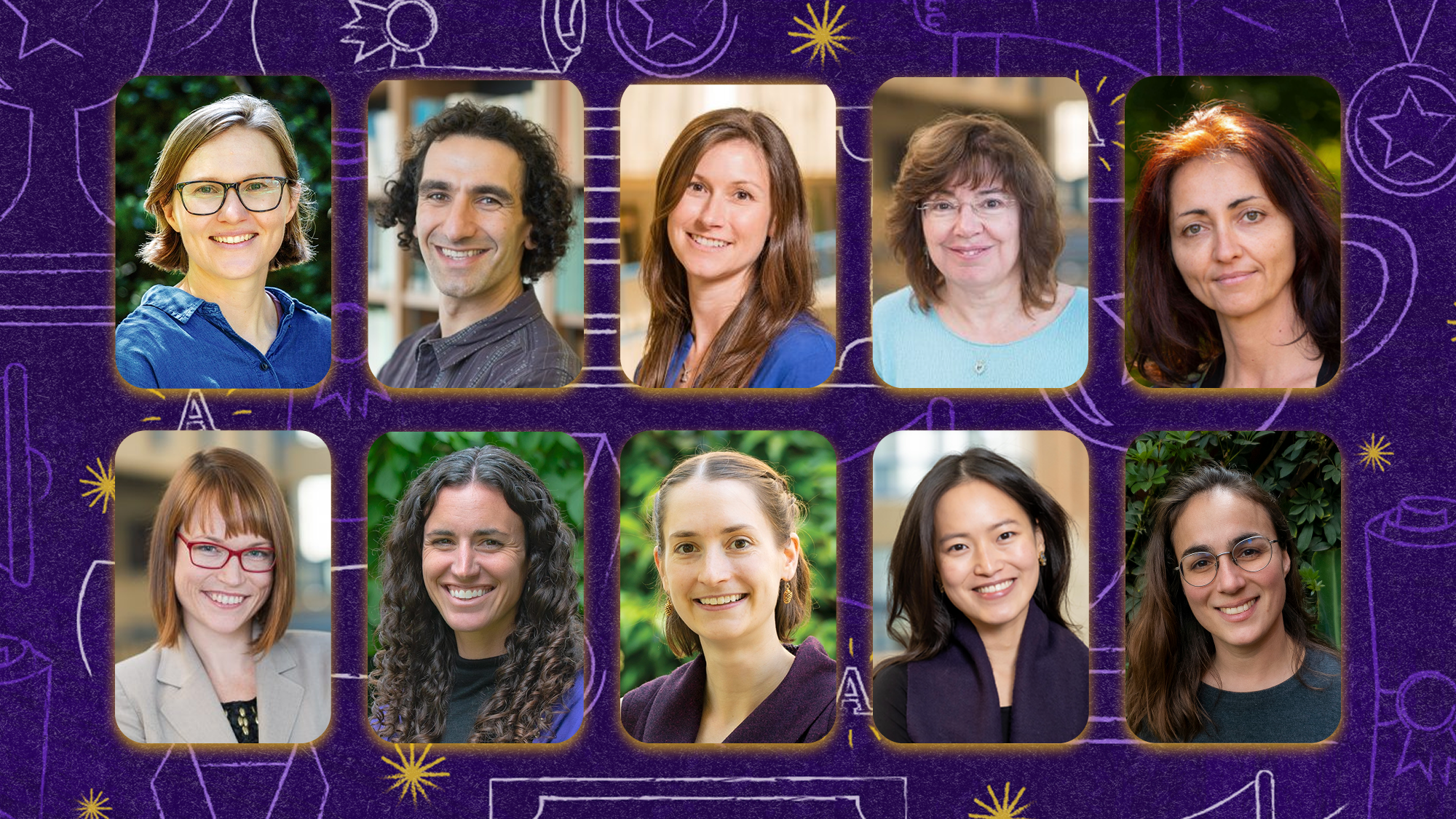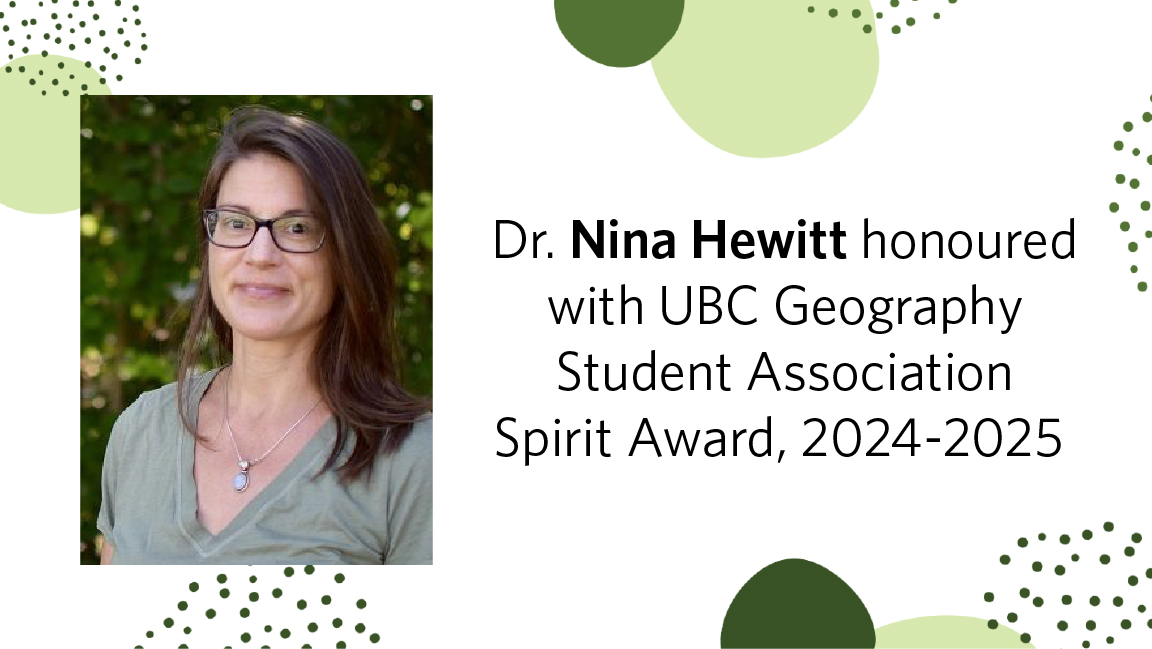

Photo courtesy of Mariam Abdelaziz
Mariam Abdelaziz, a third year human geography and political science student, has received the Glenda Laws Undergraduate Paper Award for 2021. This is presented by the AAG’s Urban Geography Specialty Group to recognize exceptional undergraduate work.
The paper, “Violence Against Palestine: An Examination of Israel’s Denial Of Palestinians of the Right To The City” is now in the process of being published.
What motivated you to choose this subject when you wrote your paper, and why is it important to you?
Often, mainstream media tends to focus on overt acts of warfare in the Israeli occupation of Palestine, so one of the main motivations behind writing this paper was to investigate less visible forms of violence and demonstrate how Israeli occupation seeps into every element of Palestinian life. I was interested in shining light on how ordinary aspects of people’s lives – their everyday actions, movements, and feelings – are impacted by the occupation. To do this, I examined three main themes: the spatial restructuring of the West Bank, Israel’s use of infrastructural violence to control Gazans, and its construction of dehumanizing imaginative geographies that justify violence against Palestinians. The overarching aim with all these themes was to showcase how the settler-colonial condition violently fragments space and time to render Palestinians’ ability to reclaim urban space much more difficult. For example, we often take mobility for granted. But Palestinians are denied the ability to move in their homeland uninhibited because of the apartheid wall, an exhaustive system of checkpoints, segregated roads, and the permit system; I examine the day to day effects of these restrictions on Palestinian life.
What would you like for more people in the wider world to know about this?
There is an abundance of misinformation that obscures the power dynamics inherent to what is happening in Palestine and Israel. I would like for more people in the world to look beyond these obscuring narratives, such as the idea that this a “two sided conflict”. In my paper, I explore how the Israeli government uses essential infrastructure as a biopolitical tool to punish and control Palestinians – by examining these topics from a systemic lens, we can analyse false narratives to reveal power imbalances. I would recommend that people check out the recent reports by the Human Rights Watch and Bt’selem on Israeli Apartheid. More importantly, I want the wider community to centre Palestinian voices when it comes to telling their own stories. Listening to what Palestinians on the ground have to say and learning from my Palestinian friends’ experiences has been an incredibly insightful journey that has driven my passion for this cause.
How does it feel to have your work recognized by this award?
I am very grateful that this topic resonated with the award committee because my aim with this paper was to amplify the voices of Palestinians on the ground.
What has studying urban geography meant to you, and how do you think it will influence you in the future?
Urban geography brings the human experience to the forefront of politics in a very interesting way. Thinking about politics through the lens of concepts of space, place, and time helps to unpack how everyday people’s lives are shaped by urban processes that are inherently political.


